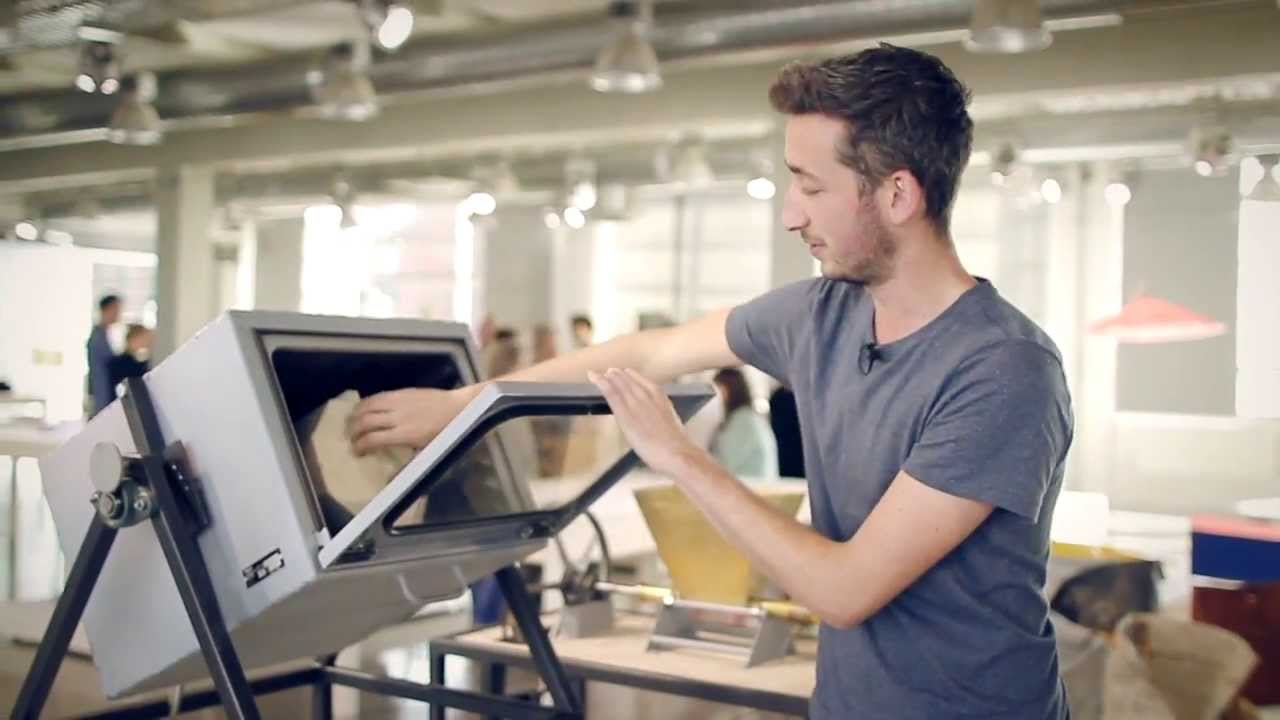Can you cut 1 Tonne of carbon pollution out of your life?
Take the challengeEvery year, 700 billion pounds of new plastics are made despite the fact that we already have 4 trillion pounds of existing plastic on the planet!
Why is plastic such a big issue?
Plastic is a chemical that is artificially manufactured using gas, oil and coal. In addition to being resource-intensive, the process also contributes to climate change by emitting greenhouse gases.
Making products from recycled plastics instead of virgin materials reduces water usage by 90%, carbon dioxide by 2.5 tonnes, and energy consumption by two thirds.
Unfortunately, there is not enough recycling happening. Too much plastic is still ending up in landfills where it takes thousands of years to decompose and leaks toxic chemicals into the soil and water. If it's not in a landfill, it most likely ended up in the ocean. Large plastics can entrap or strangle ocean-dwelling creatures. Small micro plastics can be ingested by marine life and make their way up the food chain.
A national survey found that in 2011, Australia had a plastics recycling rate of 21.1%.
According to the Environmental Protection Agency's most recent report, only 9.2% of plastics generated in 2013 were recovered in the U.S.
How do we make recycling more 'attractive'? Inspirational people and organizations are on a mission to revalue plastic. Here are two of our favorites:
Social Plastic for Social Change
The Vancouver-based company, The Plastic Bank, is fighting poverty and waste with, you guessed it, plastic! The plastic collected by the Plastic Bank is then recycled into "Social Plastic", shredded plastic that can be used as a raw material to make new items.
Here's how it works: collectors return plastic to their local Plastic Bank collection center, and in return, they can receive cash, access to Wi-Fi or access to power to charge their mobile phones. Then, the "Social Plastic" is sold to corporations who want to manufacture using ethically sourced plastic. LUSH, a cosmetics company, uses social plastic to manufacture their bottles and containers. This sustainable business model acts to benefit both the environment and communities.
The use of plastic as a currency helps people to see that it is too valuable a material to simply be tossed out. The first Plastic Bank is now helping fight poverty and plastic pollution in Haiti.
[WATCH] how Social Plastic is changing the world
DIY Plastic Recycling
Dave Hakkens, a designer from the Netherlands, is making at home plastic recycling a reality. His initiative, Precious Plastic to teaches people how to turn their own plastic waste into completely new items.

Now I know what you're thinking… "How much is one of these plastic recycling machines going to cost me?". The exact same question popped into my mind. Surprisingly, the answer is absolutely nothing!
These machines can all be made from materials and items you likely already own!
With a little help from Precious Plastic's step-by-step video tutorials, you can create your own plastic workshop!
VIDEO: PRECIOUS PLASTIC
Many people have already discovered how functional and fun revitalizing their own plastic "waste" can be... check out these awesome creations!



images: © Dave Hakkens
With today's throw-away consumer culture, it can be hard to see plastic as anything of value. However, since every piece of plastic ever made is still in existence, we need to find ways of looking at plastic as treasure, not trash! Local and DIY recycling of plastics have the potential to help us find new value in this everyday material we take for granted!
By adopting these planet-strong alternatives, you can reduce the amount of plastics accumulating in landfills, polluting our waterways and harming marine life.
banner image: A beautiful plant pot made entirely of recycled plastic! © Dave Hakkens
Read this next: Our Top Posts To Help You Live Plastic-Free

